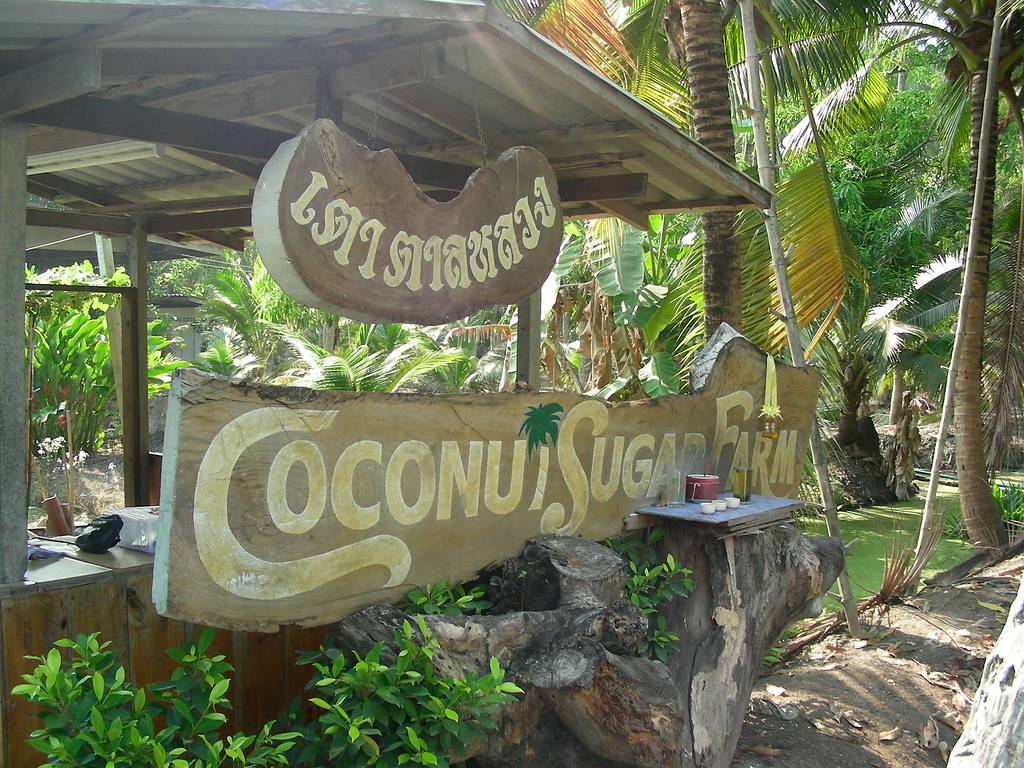When looking for natural alternatives to refined sugar, health-conscious people are turning more and more to coconut sugar. It is made from the sap of coconut palm trees, has a flavour reminiscent to caramel, and is thought to be healthier because of its increased mineral content and lower glycemic index. Coconut sugar does, however, have a shelf life and its quality can change over time, just like all food goods. In this article, we’ll examine if coconut sugar spoils, how to recognise when it has, and how to store it to extend its shelf life.
Yes, over time, coconut sugar can become spoiled. Its shelf life is greater than that of many other natural sweeteners, such as honey and maple syrup, but it is not totally resistant to deterioration.
The quality of the product and the way it is stored can affect how long coconut sugar will stay fresh. In general, it can survive up to two years if kept in an airtight container in a cool, dry location. However, it may degrade more quickly if it is exposed to air, heat, or precipitation.
Moisture is one of the main issues with coconut sugar. It has a little quantity of water because it is a natural product, and if it is exposed to too much moisture, it may clump together or even grow mould. This is why it’s crucial to keep coconut sugar dry and out of any moisture by storing it in an airtight container.
Additionally, oxidation can cause coconut sugar to become bad. It can start to lose its flavour and colour and possibly take on a stale taste when exposed to air. For this reason, it’s crucial to properly seal the container after each use and to keep it closed for brief periods of time.
If your coconut sugar is clumping, has an odd taste or smell, or shows any symptoms of mould, it has likely gone bad. It’s better to throw away the sugar and buy some new if you detect any of these symptoms.

What is the shelf life of coconut sugar?
Coconut sugar’s shelf life might vary based on a number of factors, including how it was prepared, packaged, and kept. In general, coconut sugar has a shelf life of up to two years or longer when properly stored. It’s crucial to remember that while coconut sugar may gradually lose some of its flavour and sweetness, it will still be safe to eat as long as it has not gone bad. To guarantee the longest possible shelf life, it is best to verify the expiration date or manufacturing date on the package and adhere to the suggested storage guidelines.
Can I still use coconut sugar if it has passed its expiration date?
Even though using coconut sugar that has gone bad may not pose any serious health hazards, it is best to exercise your discretion and evaluate the product’s quality before using it. Even if coconut sugar has not gone bad, it may change in texture, flavour, and sweetness with time, making it less useful as a sweetener or ingredient than it once was.
To be safe, it is preferable to throw away coconut sugar if it appears discoloured, smells funny, or shows any symptoms of mould or other pollutants. However, you could still be able to use it in your recipes provided it appears, smells, and has been stored properly and normally. Whether or not you should use coconut sugar that has expired is ultimately up to you.
Can coconut sugar develop mold or bacteria?
If coconut sugar is exposed to moisture or other impurities, it may, like any food product, grow mould or germs. Due to its low water content, coconut sugar is less likely to spoil than some other sweeteners like honey or maple syrup.
Coconut sugar should be kept in an airtight container in a cold, dry location to prevent the growth of mould or germs. The coconut sugar may clump together if it is exposed to moisture, but this does not necessarily mean that it is spoiled. In truth, coconut sugar frequently clumps, although this can typically be avoided by breaking up the clumps with a fork or sifter.
It is recommended to throw away the coconut sugar if there are any indications of mould or if there is an off flavour or odour. Additionally, it’s a good idea to check the coconut sugar to make sure it hasn’t spoiled if it has been incorrectly or long-term stored.

How does coconut sugar compare to other types of sugar in terms of glycemic index and blood sugar impact?
Although it’s frequently promoted as a healthy substitute for refined sugar, coconut sugar still has calories and can impact blood sugar levels.
Compared to conventional table sugar, coconut sugar has a lower glycemic index (GI), which means it doesn’t raise blood sugar levels as quickly or significantly after consumption. Coconut sugar has a glycemic index between 35 and 54 while conventional table sugar has a GI between 60 and 65. Inulin, a form of fibre that slows down the absorption of glucose in the bloodstream, is what causes this lower GI.
However, it’s important to remember that coconut sugar’s glycemic index might change based on how it’s made and processed. The GI of coconut sugar may be higher than previously believed, according to certain studies.
Although persons with diabetes or those attempting to control their blood sugar levels may find coconut sugar to be preferable to ordinary sugar, it is still a high-calorie sweetener and should only be used sparingly. It’s crucial to remember that other organic sweeteners, including honey, maple syrup, and agave nectar, have different glycemic indices and have to be used sparingly.
Relevant Articles
Does Gluten Free Flour Go Bad?

Comments are closed